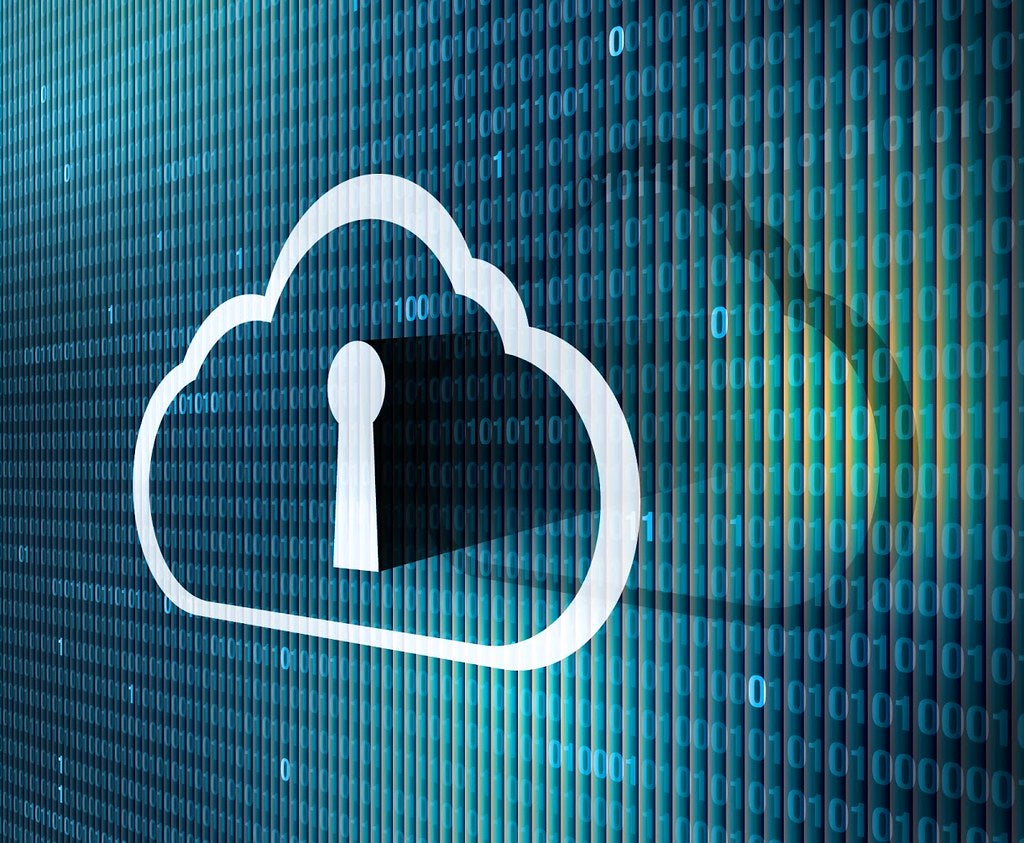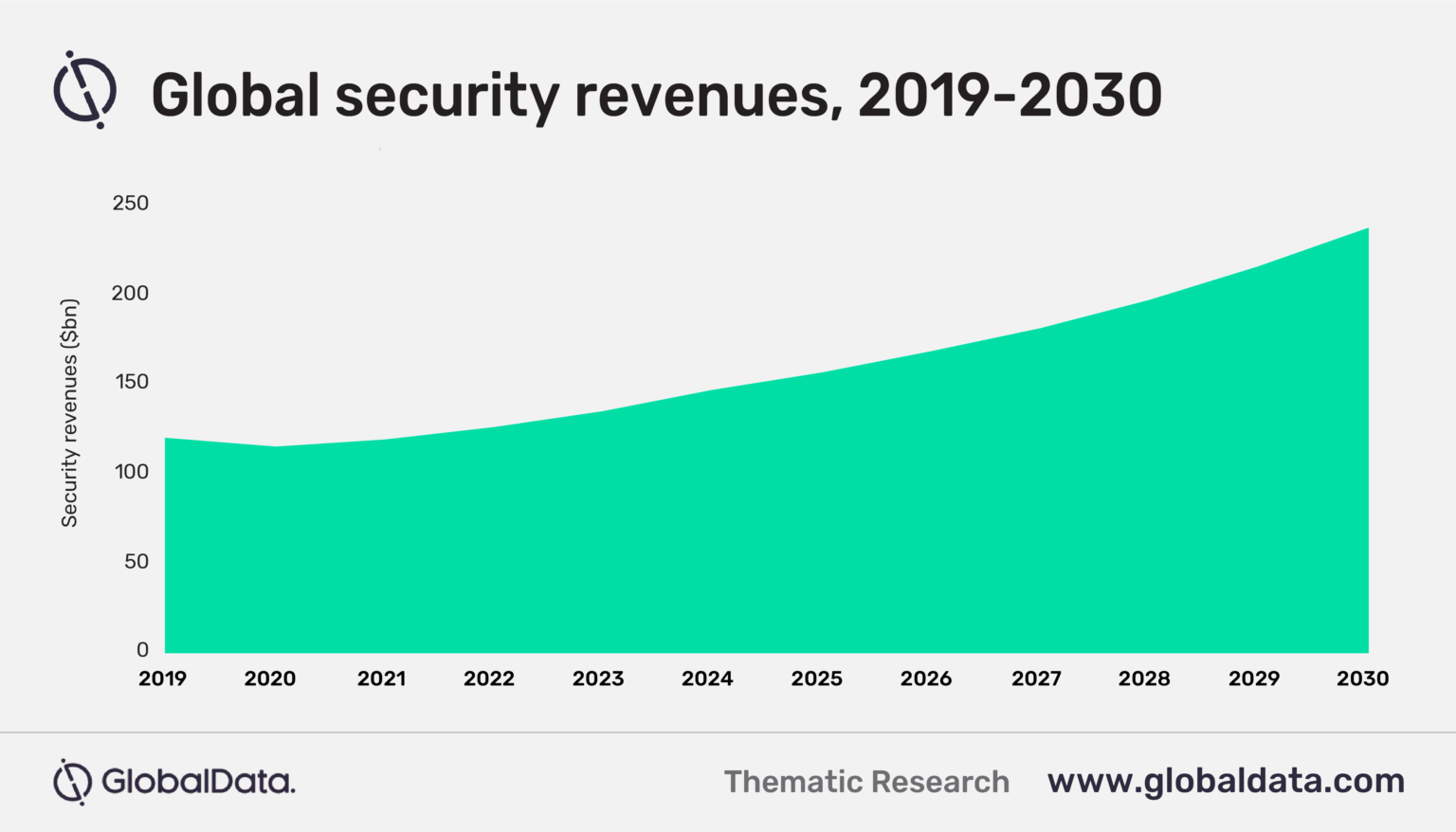
Growing adoption of virtual medicine and remote patient monitoring during the Covid-19 pandemic will increase the demand for cyber security in the healthcare industry, says an analyst.
Overall spending on cyber security is set to fall in 2020, according to analytics firm GlobalData, but the healthcare sector is likely to buck this trend as it moves towards a more distanced approach to patient care.
This is pushing medical device manufacturers to do more to protect patient data against hackers.
David Bicknell, principal analyst, thematic research at GlobalData, said: “In the age of big data, medical devices are increasing their connectedness to the Internet, other medical devices, and healthcare networks.
“As this trend continues, the risk for hacking increases, bringing the level of threat directly to patients. With more stringent regulations, devices are expected to have stronger defence systems against cyber attacks.
“Therefore, addressing cyber security threats and reducing information security risks will remain a priority for manufacturers, hospitals, and facilities as technology continues to advance.”
Cyber security industry after Covid-19
A GlobalData report published online last week indicated that, while the economic impact of Covid-19 will cause cyber security spending to decrease in 2020, the industry will “recover quickly” over the following decade.
By 2030, the cyber security industry will be worth nearly $238bn, growing at a compound annual growth rate (CAGR) of 6% since 2019.
And, while GlobalData does not yet have any corresponding figures specifically for the healthcare sector, Bicknell anticipates this will flourish over the same period due to increased demand, and further uptake of remote care technologies.
“Medical device manufacturers face the same cyber security challenges as any other industry,” he added.

“Their customers, the healthcare providers, face much higher challenges, because increased healthcare IT leads to a much larger data lake containing very valuable patient data.
“In addition, cyber-attacks on healthcare systems, as shown in the NHS attack of a few years ago, have much greater consequences than loss of revenue — for example, drugs cannot be ordered, operations cannot be scheduled, ambulances cannot be ordered etc.”
Bicknell also said organisations across many industries are moving towards a “zero-trust stance”, which assumes that all entities, inside or outside the IoT (Internet of Things) perimeter, cannot be trusted.
And, while these approaches are not currently prevalent in the medical devices sector, this will change in the future due to the increasing adoption of connected IoT devices.



